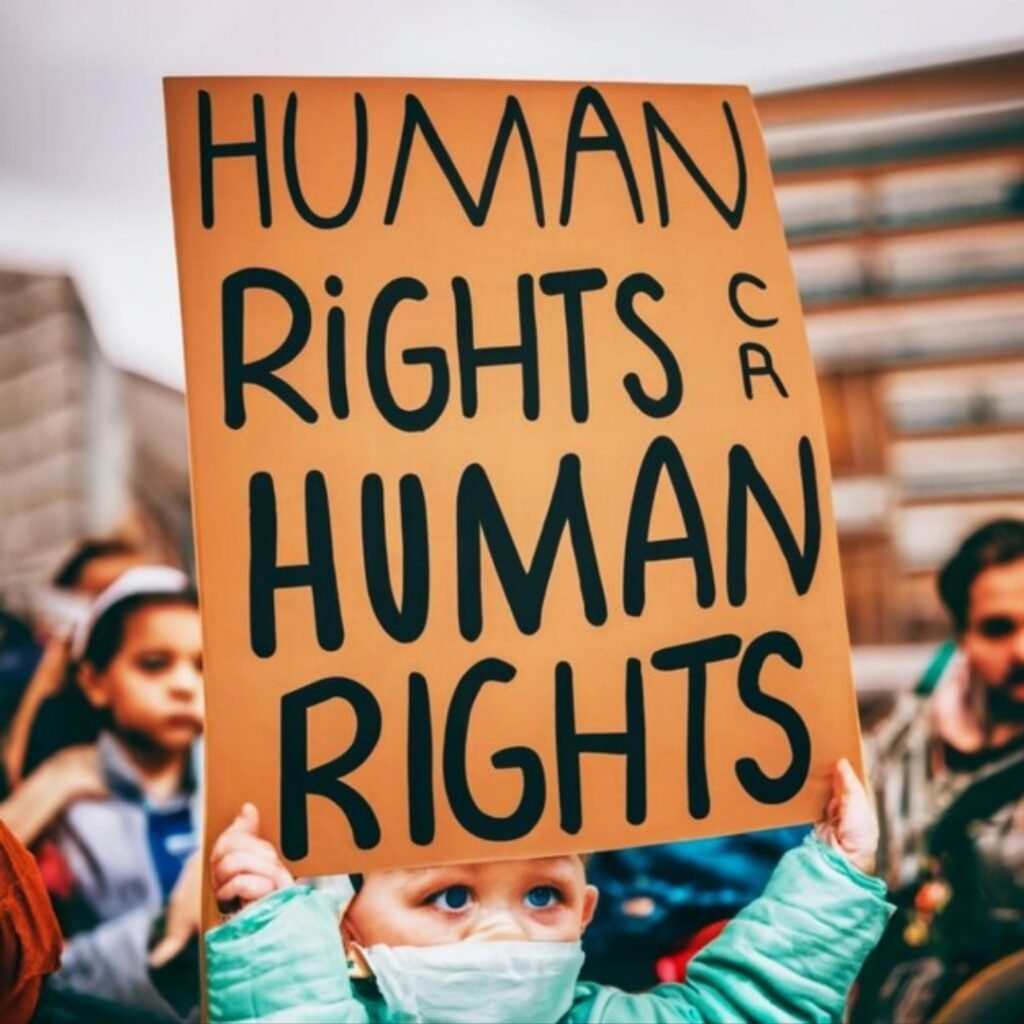Access to legal aid is a fundamental aspect of ensuring justice and protecting human rights. Legal aid provides individuals, especially those from marginalized and disadvantaged communities, with the necessary legal representation and assistance to enforce their rights. This article explores the importance of legal aid in the context of human rights, the challenges faced in providing legal aid, and the impact it has on promoting justice and equality.
The Importance of Legal Aid in Human Rights Protection
Legal aid is essential in ensuring that every individual has access to justice, regardless of their socioeconomic status. Without legal aid, many people would be unable to afford legal representation, leading to a significant disparity in the enforcement of rights and justice.
Empowerment and Equality
Legal aid empowers individuals by providing them with the knowledge and resources to understand and claim their rights. It helps level the playing field, ensuring that even the most vulnerable members of society can stand up against injustice. By promoting equality before the law, legal aid plays a crucial role in the realization of human rights.
Preventing Human Rights Violations
Legal aid acts as a safeguard against human rights violations. By offering legal assistance to those in need, legal aid organizations help prevent abuses such as unlawful detention, discrimination, and exploitation. Legal aid lawyers advocate for the rights of their clients, ensuring that legal processes are followed, and justice is served.
Types of Legal Aid Services
Legal aid encompasses a wide range of services aimed at addressing various legal needs. These services include:
Legal Representation
One of the primary forms of legal aid is providing legal representation in court. This ensures that individuals have a professional advocate to argue their case, increasing their chances of a fair trial and just outcome. Legal representation is particularly crucial in cases involving serious human rights issues, such as asylum claims, criminal defense, and discrimination cases.
Legal Advice and Counseling
Legal aid organizations offer advice and counseling to help individuals understand their legal rights and options. This service is vital in guiding people through complex legal processes and ensuring they make informed decisions. Legal advice can also help prevent legal problems from escalating, by addressing issues early on.
Public Legal Education
Public legal education initiatives aim to raise awareness about human rights and the legal system. By educating communities about their rights and the available legal resources, these programs empower people to seek justice and hold authorities accountable. Public legal education can take various forms, including workshops, informational materials, and outreach programs.
Challenges in Providing Legal Aid
Despite its importance, providing legal aid faces numerous challenges that hinder its effectiveness and accessibility.
Funding and Resource Constraints
One of the biggest challenges is the lack of funding and resources. Legal aid organizations often operate with limited budgets, which restricts their ability to reach all those in need. Insufficient funding can lead to overburdened staff, reduced services, and longer waiting times for legal assistance.
Geographic and Accessibility Barriers
Geographic and accessibility barriers also pose significant challenges. Rural and remote areas often lack adequate legal aid services, leaving many individuals without access to essential legal support. Additionally, people with disabilities or those facing language barriers may find it difficult to access legal aid.
Political and Social Obstacles
In some regions, political and social obstacles further complicate the provision of legal aid. Governments may be unwilling to support legal aid initiatives, particularly in cases that challenge state actions or policies. Social stigmas and discrimination can also deter individuals from seeking legal aid, especially in sensitive cases like domestic violence or LGBTQ+ rights.
The Impact of Legal Aid on Society
Despite the challenges, legal aid has a profound impact on society, promoting justice, equality, and social stability.
Enhancing Access to Justice
By providing legal assistance to those who cannot afford it, legal aid enhances access to justice. It ensures that legal systems are fair and equitable, preventing the marginalization of vulnerable groups. This access to justice is fundamental to maintaining the rule of law and upholding human rights.
Strengthening Human Rights Protection
Legal aid strengthens human rights protection by holding individuals and institutions accountable for their actions. It enables victims of human rights violations to seek redress and justice, creating a deterrent effect against future abuses. Legal aid also contributes to the development of human rights jurisprudence, shaping legal standards and practices.
Promoting Social Cohesion
Legal aid promotes social cohesion by addressing grievances and resolving conflicts through legal means. It helps build trust in the legal system and government institutions, fostering a sense of fairness and justice in society. By ensuring that everyone’s rights are protected, legal aid contributes to a more inclusive and harmonious society.
Conclusion
Legal aid is a vital tool in the protection and promotion of human rights. It empowers individuals, prevents human rights violations, and enhances access to justice. Despite the challenges faced, the impact of legal aid on society is profound, fostering justice, equality, and social stability. To continue advancing human rights, it is crucial to support and expand legal aid services, ensuring that everyone has the opportunity to seek justice and protect their rights.
